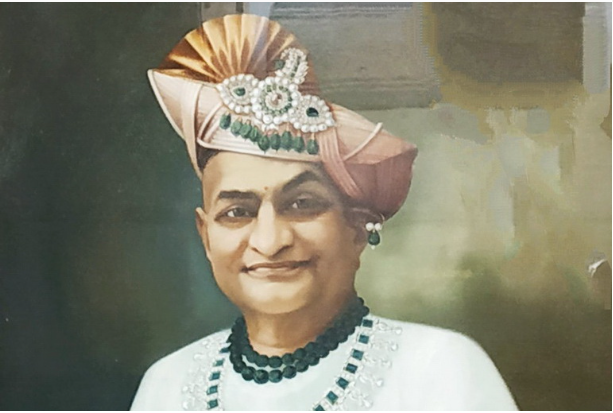Sir Hukumchand Seth
Sir Hukumchand Seth (1874-1959) was a prominent Indian industrialist, philanthropist, and leader of the Jain community. He was born in Indore, Madhya Pradesh, into a business family and inherited a small fortune from his father. However, through his astute business acumen and entrepreneurial spirit, he vastly expanded his wealth and became known as the Cotton Prince of India".

- Established cotton mills in Indore and Calcutta, playing a significant role in India textile industry.
- Pioneered the "Swadeshi" movement, advocating for the use of domestically produced goods over imported ones.
- Invested in various other industries, including jute, iron, and gold.
- Became a leading businessman in India, with offices in major cities across the country. His Philanthropic Contributions:
- Donated generously to various charitable causes, including education, healthcare, and religious institutions.
- Built and renovated several Jain temples, including the famous Kanch Mandir (Temple of Glass) in Indore.
- Championed the nationwide Khadi Movement initiated by Mahatma Gandhi in 1920.
- Supported Hindi language and literature through organizations like the Hindi Sahitya Sammelan. His Legacy:
- Remembered as a visionary leader who played a key role in India industrial development and social progress.
- His life and achievements continue to inspire many, particularly within the Jain community.
- Several institutions and awards bear his name, including the Sir Hukumchand Seth Hospital and the Sir Hukumchand Seth Awards for academic excellence. Interesting Facts:
- The New York Cotton exchange was closed for two days upon his death in 1959, a testament to his international influence.
- He was deeply religious and followed the principles of Jainism throughout his life.
- He was knighted by the British Raj in recognition of his contributions to society.




